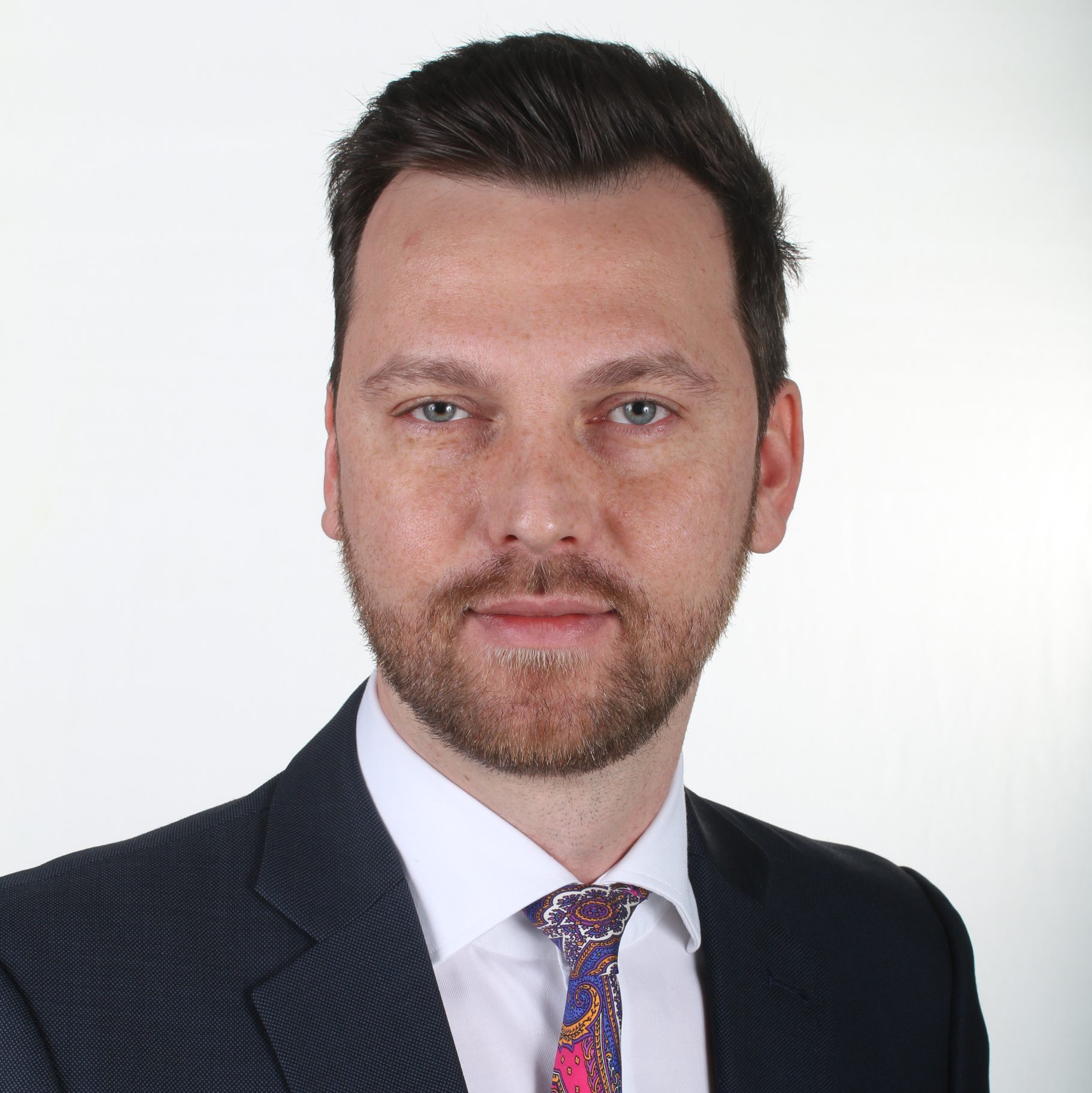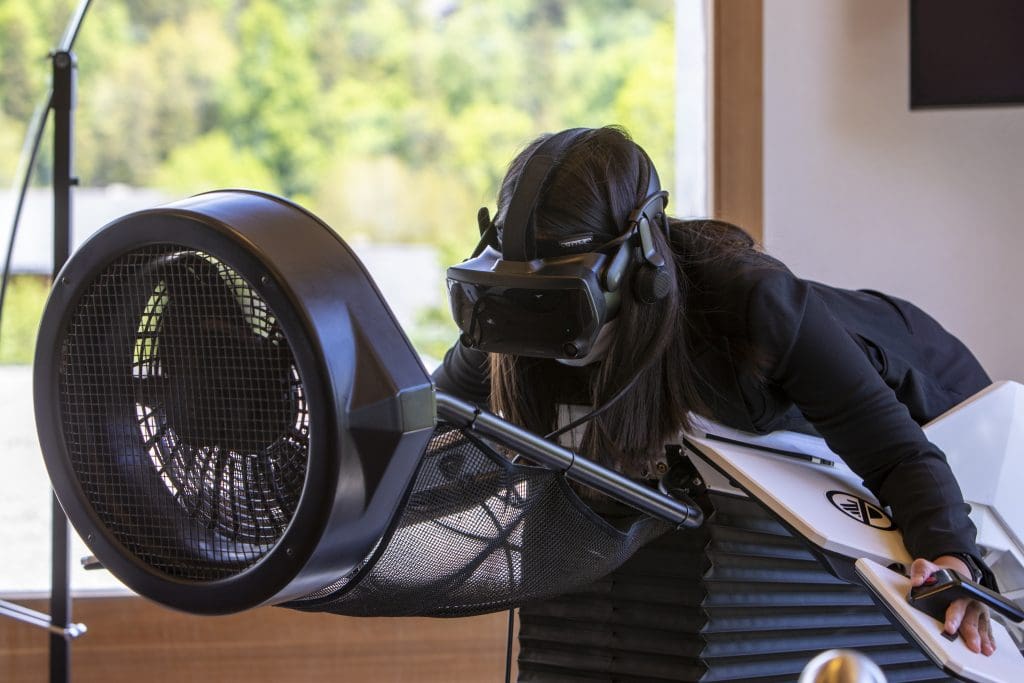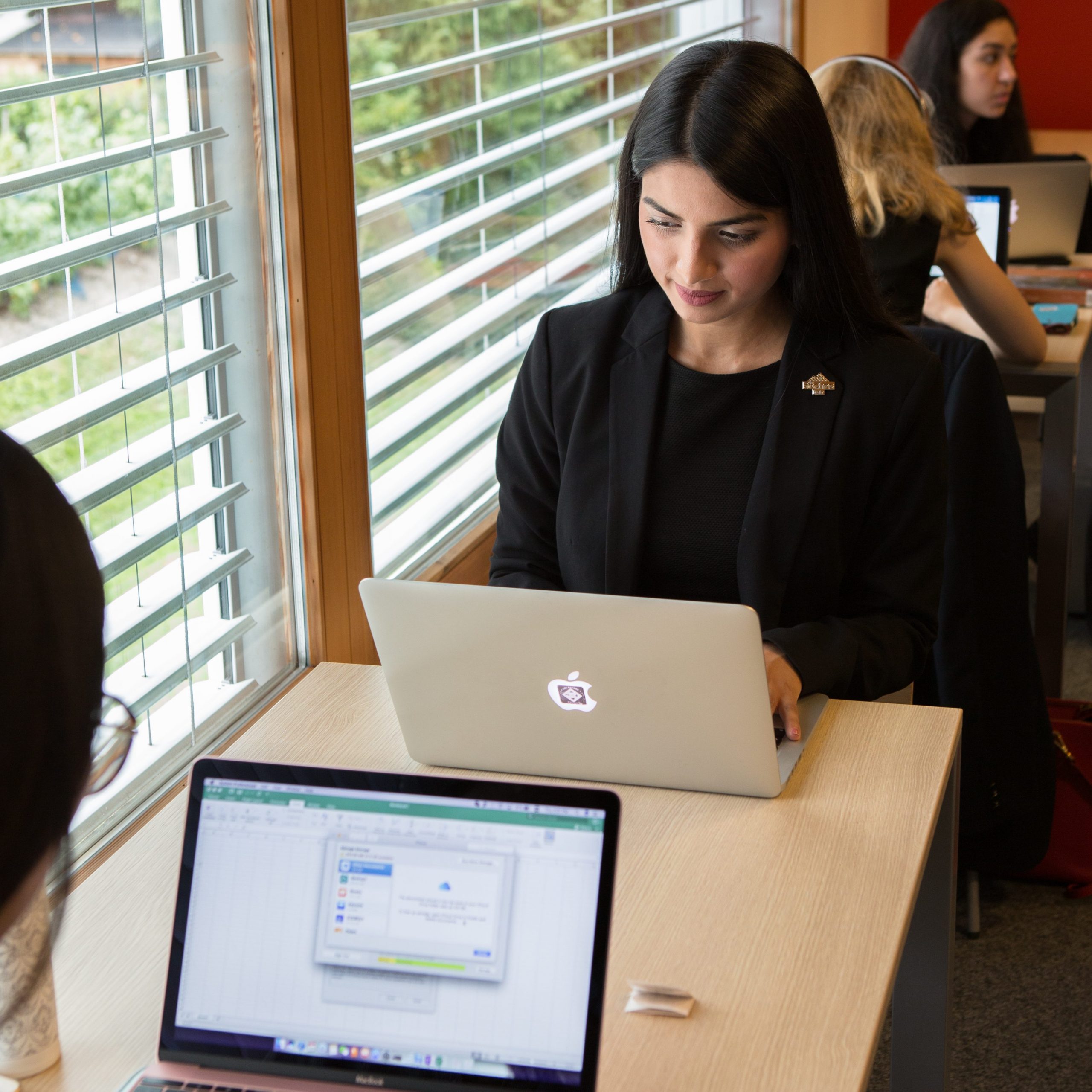Today’s Traveller invites Adrian Artimov, Director Enrolment and Marketing, Les Roches Global Hospitality Education to share his insights on new paradigms in Hospitality Education and how to bridge the skill gap between industry and academia to cope with changing times.

Les Roches Global Hospitality Education
Todays’ Traveller: With Technology as the main driver, in what ways will teaching and education in Hospitality change?
Adrian Artimov: Digitalization is one of the most significant trends in hospitality education and is also one of the most significant trends in the hospitality industry. This has been foreseen as a trend shaping the world.
However, we must not forget that hospitality is all about the customer’s experience and that digitalization must help to enhance this experience. Hospitality education providers should include technology in all their courses and have their students understanding the new techs and their usage to enhance the customer’s experience.
At Les Roches, the faculty update their courses every semester for them to correspond to what students should have in their study luggage. Digitalization being of board and current interest, it is ongoingly integrated with the relevant courses.
Digitalization is about enhancing the connections between people, cities, countries, and fields of knowledge in new ways, and transforming the educational system, among everything else. This allows to personalize teaching and enhance the learning experience, making it more accessible, fun, and close to reality.

Todays’ Traveller: In what ways can new AI applications and VR be adapted to create successful e-training models in digitalized classrooms?
Adrian Artimov: To provide our students with the best tailor-made experience, we make sure to embrace the best of both, the ‘real’ and ‘virtual’ worlds. A good example of where we have brought this together is the first Certificate in Artificial Intelligence applied to hospitality management launched with aivancity, the Paris-Cachan based School for Technology, Business and Society.
The five-day program includes two days of sprint design focusing on imagining and prototyping an AI solution for the hospitality industry. After the creation of a dedicated Master’s in Hospitality Strategy and Digital Transformation and launch of Spark Innovation sphere, a new start-up incubator and technological innovation hub in the hospitality industry by Les Roches, this certificate is another step forward to advance the integration of technology within our curriculums.
Artificial Intelligence is the biggest transformer in education. According to Statista (2020), AI will undergo massive growth in market value, going from 22.59 billion USD this year to 118.6 billion in 2025. This technology will both, make learning effective for students and help teachers perform their duties efficiently.
The use of AI provides teachers with the ability to analyze the performance of students in order to provide them with a tailored academic program in terms of content, pace, and level of mastery. Based on a study by the journal of Social Psychology for Education (2016), “self-determination theory suggests that students are more intrinsically motivated when teachers support their basic psychological needs for autonomy, competence, and relatedness” and teachers who have a certain level of autonomy at work are more likely to support the students’ needs for autonomy.
Among the various innovations, Virtual Reality is a technology that has the potential to actively transform education in the future. Many companies such as Samsung and Google have already started investing massively in VR projects. Virtual reality has proven itself as an impressive learning tool that can make teaching fun and engaging. Instead of teaching students the history of service or hotels from a textbook, they can just put on the VR headset and experience it for themselves.
According to a study by Gartner (2019), more than 50% of higher education institutions will begin redesigning their student experience with the goal of making it more integrated and personalized by 2021, making technology a critical element to achieve this objective. Les Roches has already undertaken this change and is constantly adapting to new techs to reshape the student’s learning experience.

Todays’ Traveller: With employment being technology-driven over the next two decades, what new skills need to be imparted to students to remain employable?
Adrian Artimov: We must provide our students with sharp management tools and relevant performance indicators while fostering their soft skills and leadership. Soft skills are a strong asset for customer-centric domains, related to a diverse range of careers.
In terms of hard skills, being able to understand how tech works and impacts our industry is crucial for future leaders of the hospitality industry. At Les Roches, we have created a Master’s in Hospitality Strategy in Digital Transformation, an 18-month program fully dedicated to preparing future hoteliers and hospitality service providers to lead the digitalization of hospitality.
This master is a direct response to the industry’s needs to prepare future leaders for the challenges they will face in today’s digitally connected world. Successful completion of this program will provide students with the required skills and knowledge to face the digital transformation in the hospitality industry where new operators are shaking up the market. We also provide all our graduates with the necessary knowledge and tools to be vital players in this new digital ecosystem of hospitality and tourism.
Les Roches campuses is an environment of open innovation, where solutions are created and tested with the aim of improving the future of hospitality through experiential technology. Digital enhanced experience is one of the main trends that will shape the future of tourism.
Hospitality professionals should be fully conscious of the possibilities given by technologies and how to integrate them into their offer. Some hospitality companies are already well aware of the world of possibilities offered by innovative techs, and some have already implemented Artificial Intelligence and Virtual Reality in their hotels or restaurants to improve their processes and guest experience. For example, in 2020, Hilton tested the world’s first robot concierge. For hospitality businesses, innovations in the creation of digitally enhanced experiences will become essential to remain competitive.

Todays’ Traveller: How do you see the future of jobs in the hospitality industry?
Adrian Artimov: The hospitality industry is already shifting towards recruiting professionals with developed soft skills rather than hard skills. Technology is replacing hard skills, and calculations that used to be operated by the workforce are now automized and accessible thanks to software.
According to Hosco, future hospitality professionals will have to perform an increasing number of tasks requiring mastering soft skills, rather than tasks for which hard skills will be necessary. Georges El Hajal (2020) says that AI-driven robotics and automation will shape the future of hospitality jobs, by extending the skills in demand.
Hospitality jobs are likely to be focused on the development of intelligent solutions to enhance the customer experience and many possible ways: booking apps, in-room entertainment, interactive menu, etc.
This integration of AI in the hospitality jobs will also happen in the operations side, technology being able to handle the small and repetitive tasks and the hard and physical duties. This automation will support the workforce and allow to focus on customer service and the tasks where human contact cannot be replaced.

Todays’ Traveller: Is the role of teachers as motivational leaders more critical today than ever before?
Adrian Artimov: Teaching styles have deeply changed, and digitalization is here. Many years ago, teaching was about imparting knowledge in very formal lessons, and we were measuring knowledge learned and memorized.
Today, and with innovation being at the center of our teaching at Les Roches, our methods integrate many interactive forms which complement each other with skill-based learning as the top priority. Teachers are now in a position akin to that of mentors, accompanying students through their skills building.
Digital tools are used by our teachers in a way that complements classroom teachings by allowing more flexibility, personalization, and in-depth learning that can be adapted to the needs of each student.
Read More: Education



